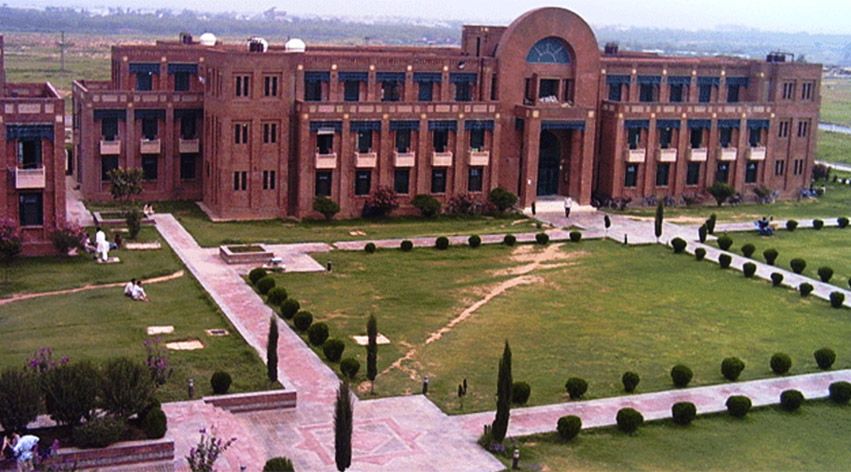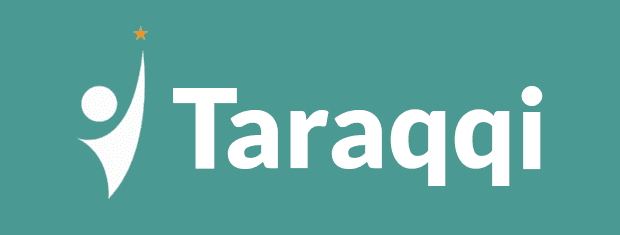Quaid-e-Azam University (QAU), one of Pakistan’s premier higher education institutions, has officially announced its summer vacation schedule for 2025, with all academic activities suspended from
July 15 to August 31.

The administration has further ordered the closure of all student hostels, requiring residents to vacate and make alternative living arrangements. This move, while routine for the summer break, has sparked discussions about the logistical and academic implications for students, especially those coming from remote areas.
Many educational analysts emphasize that staying updated via the
official QAU website is crucial for timely information regarding hostel reopenings and academic resumption.
Quaid-e-Azam University’s Summer Schedule and Academic Suspension
Quaid-e-Azam University’s decision to suspend academic activities from mid-July to the end of August aligns with traditional practices observed by Pakistani universities to accommodate extreme summer temperatures and low campus occupancy during the break.
According to academic experts, such scheduled closures help institutions perform essential maintenance and prepare facilities for the upcoming academic term.
“Universities often use this period to carry out repairs, updates to laboratories, and administrative restructuring,” noted an education policy analyst from the Higher Education Commission (HEC).
Academic operations at QAU, including lectures, laboratory work, and research activities, are expected to resume in full capacity after August 31, ensuring minimal disruption to the annual academic calendar.
Impact of Hostel Closures on Students
While summer breaks are standard, the abrupt closure of
student hostels at Quaid-e-Azam University has introduced significant challenges for many students.
Hostel residents have been instructed to vacate rooms immediately, leaving some scrambling for temporary accommodation options in Islamabad or returning to their hometowns.
“Hostel closures disproportionately affect students from distant regions who rely entirely on campus accommodation,” said a representative of the QAU Student Union. “Many are worried about costs and safety during this transition.”
Educational platforms like
Edarabia suggest that universities should provide transitional housing solutions or clear communication about alternative arrangements to minimize student distress. However, QAU has yet to announce any official assistance programs for displaced hostel residents during the summer vacation.
Communication Channels and University Updates
Quaid-e-Azam University has advised all students to frequently visit the
official QAU website for updates regarding:
- Hostel reopening dates
- Revised academic schedules
- Any changes in administrative procedures
This digital communication strategy is crucial in ensuring that students remain informed, especially in light of the rapidly evolving educational landscape post-pandemic.
“Students should subscribe to official university notifications to avoid missing critical announcements,” recommends an IT officer from the QAU administration.
Many experts note that universities worldwide increasingly rely on centralized digital channels as the primary source of verified information, reducing confusion and misinformation.
Broader Context of University Closures in Pakistan
The move by Quaid-e-Azam University reflects a wider trend across Pakistani universities, where summer vacations coincide with administrative and infrastructural planning. Institutions such as Punjab University, Karachi University, and others follow similar timelines for academic suspensions and hostel closures.
According to a recent report by
The Express Tribune, over 60% of Pakistani universities close their hostels during summer to reduce operational costs and ensure safety during periods of low occupancy.
“Summer closures are not merely about academic breaks—they are about sustainability and safety,” emphasized a senior academic affairs officer at another leading university.
This period also allows universities to conduct repairs, implement new safety protocols, and prepare for the influx of students at the start of the fall semester.
Students’ Perspectives and Concerns
Despite the logistical rationale behind summer closures, many students express concerns regarding the abrupt notice and the lack of interim housing solutions.
Students from Gilgit-Baltistan, Sindh, and Balochistan often face greater challenges due to long travel distances and higher transportation costs.
A survey conducted by a local education blog,
Student Herald Pakistan, found that:
- 67% of students prefer hostels remain open with reduced services.
- 52% cited financial burden as a major concern during closures.
- 35% expressed fear of academic delays if reopening is postponed.
“While breaks are necessary, universities should consider partial hostel operations for students with no alternatives,” said a spokesperson from the Pakistan Students Association.
Such sentiments underline the need for universities like QAU to balance operational requirements with student welfare.
Potential Academic Implications
Beyond logistical issues, some educators warn of possible academic consequences if the vacation period extends beyond planned dates.
“Delays in reopening can compress the academic calendar, leading to accelerated syllabi, which can impact learning quality,” explained an education expert from Dawn Education Weekly.
Moreover, postgraduate research scholars, whose work depends on access to laboratories and supervisors, might face setbacks during extended closures.
Institutions like QAU are thus under pressure to ensure a timely and seamless return to regular academic activities after the summer break.










